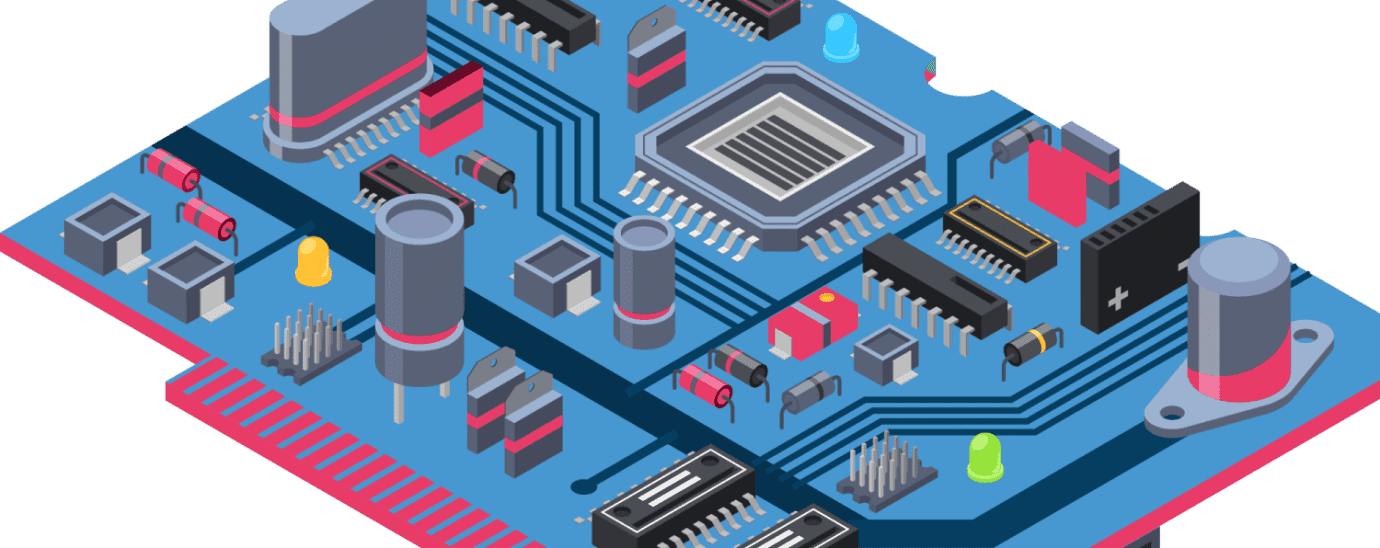How long can we expect the chip shortage to last?

As the chip shortage continues, major companies from across a number of industries weigh in on how long the shortage is likely to last. Top Business Tech takes a look.
With the combination of consumer demands during the pandemic, restrictions on manufacturing sites, and the launch of new highly-anticipated games consoles, phones and tablets, the shortage of semi-conductors has continued to damage a number of industries, from cars to appliances. Given this, how long might we expect the shortage to last?
This chip shortage can be observed across all industries, as consumer products such as toasters and washing machines are now also feeling the pinch of the shortage, according to Asian suppliers. South Korea’s Samsung Electronics and LG Electronics project the shortage lasting far into 2022, according to the Financial Times.
The automotive industry also continues to also feel the impact of the chip shortage, as the worlds second-largest carmaker, Volkswagen Group, forecasts the second quarter of losses. Wayne Griffiths, president of Volkswagen’s Spanish brand Seat, said that the shortage is the “biggest challenge” that the company faces right now.
When asked about the shortage, the Chief of Cisco, Chuck Robbins, told the BBC: “We think we’ve got another six months to get through the short term. The providers are building out more capacity. And that’ll get better and better over the next 12 to 18 months.”

The solution
Intel Corp’s new Chief Executive, Pat Gelsinger, reiterates that this consumer demand shortage is likely to persist into 2023. Given this news, it is no surprise that Intel announced a US$20bn plan to increase production, part of which will include the creation of two new plants in Arizona.
In addition to this, US President Biden’s administration has pledged US$50bn towards supporting the production of semiconductors in the US. Gelsinger said to Yahoo! Finance Live: “We think the $50bn [from the administration] is a great first step, and we fully support the Jobs Act.”
READ MORE:
- Xactly Expands EMEA Growth Through Collaboration with Oracle Cloud
- The Hopeful CIO: A Study from Lemongrass finds that enterprise IT leaders are aggressively moving their legacy business systems to the cloud despite various challenges
- Why customer conversations are vital for brand survival in a post-COVID-19 world
- What can corporates learn from digital transformation in the COVID era?
He continued: “We are seeing good bipartisan support for the $50 billion in manufacturing. But we believe the need to be bigger than that. And I have suggested our moonshot objective of being back to 30% plus [U.S. chip production]. We believe that’s going to require more than $50bn. But given the administration and the bipartisan support, this is a great place to start. We are fully behind it and anxious to get the wheels moving.”
Despite a drop in shares following Intel’s first-quarter results, Gelsinger remains steadfast: “I think every quarter in the year we are going to be building back that momentum.”
“Overall, it’s going to take a little bit. There were bad decisions made in the past, issues we have to work through in our execution. But I will tell you, the energy is back. The passion is back. The excitement is back in our teams. And we believe every quarter this year you are going to see more and more momentum as we get our process and product teams executing.”
For more news from Top Business Tech, don’t forget to subscribe to our daily bulletin for the latest technology news!